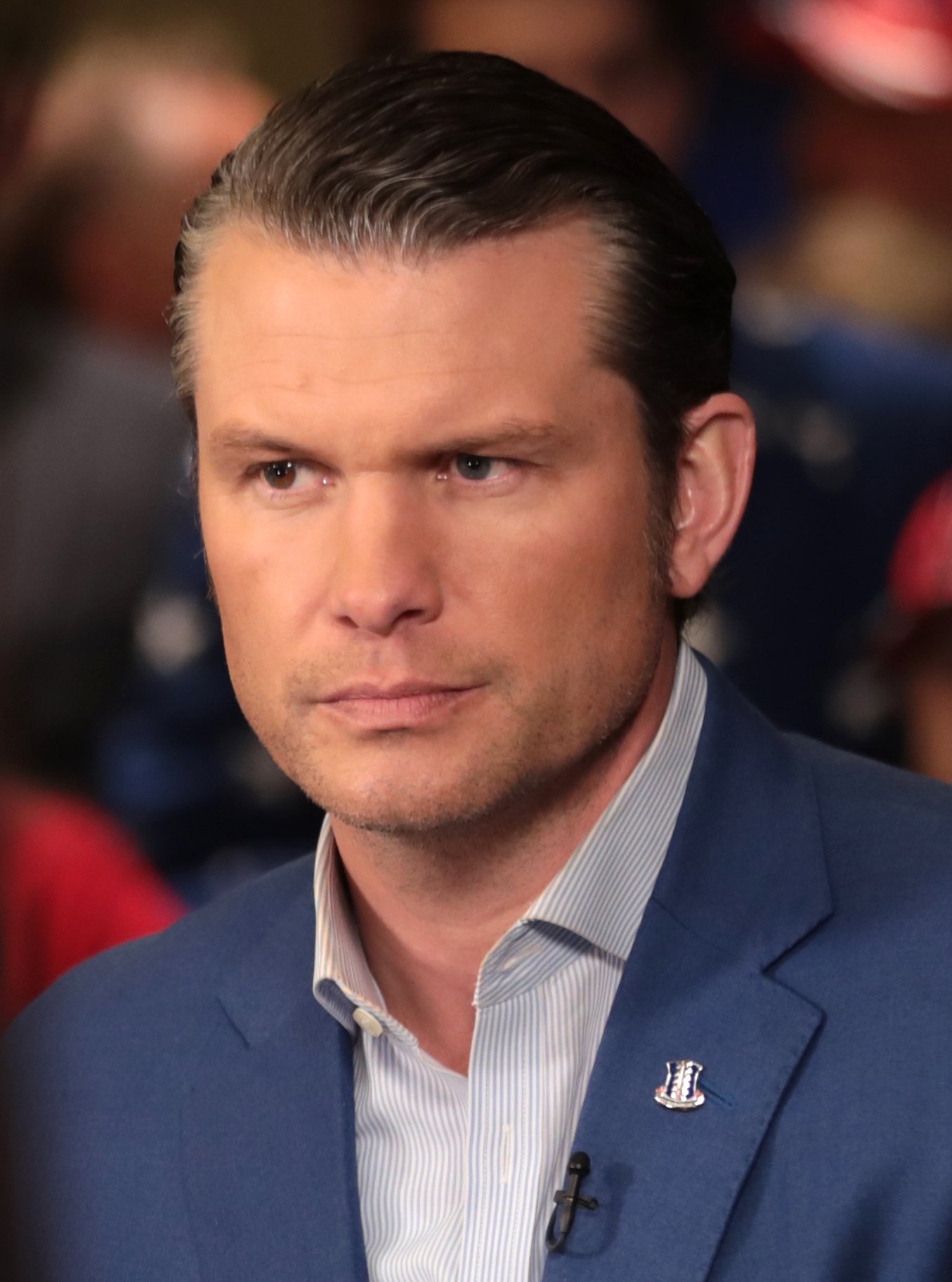Key Takeaways:
• Secretary of Defense Pete Hegseth ordered a surprise meeting for all top military leaders in Washington.
• Retired Lt. Gen. Ben Hodges recalled a 1935 assembly of German generals forced to swear loyalty to Hitler.
• Hegseth reposted Hodges’s message with “Cool story, General,” sparking confusion and alarm.
• Veterans, experts, and former officials criticized the post as tone-deaf and potentially dangerous.
• The incident has reignited debates about civilian control of the military and historical parallels.
Pete Hegseth’s ‘Cool Story’ Post Sparks Alarm
In a move few expected, Secretary of Defense Pete Hegseth summoned all top military officers to Washington. Almost immediately, a retired general compared the call to a dark chapter in German history. Then Hegseth reposted the comparison with a dismissive phrase. As a result, many veterans and experts raised serious concerns. They see risks in how civilian leaders manage the armed forces and in careless references to past dictatorships.
Meeting of Top Military Leaders
On Tuesday morning, Pete Hegseth ordered admirals, generals, and other senior commanders to attend a meeting in the capital. He gave no public reason for the gathering. Consequently, rumors spread quickly among defense circles. Some feared a crisis or urgent threat. Others worried about Hegseth’s motives. Either way, the unexpected demand alerted both active-duty officers and retirees, setting off debates about risk and precedent.
Historic Echo in 1935 Germany
Retired Lt. Gen. Ben Hodges took to social media to share a striking comparison. He wrote that in July 1935, German generals were called into a surprise assembly in Berlin. They were told their oath to the Weimar constitution no longer counted. Instead, they had to swear personal loyalty to Hitler. Most complied to protect their jobs. Hodges warned that sudden gatherings can mask dangerous power grabs.
Controversial ‘Cool Story, General’ Reply
Shortly after Hodges’s post appeared, Pete Hegseth reshared it with a brief comment. He wrote, “Cool story, General.” That phrase stems from a slang meme used to dismiss something as irrelevant or boring. However, many found it jarring here. They saw the reply as flippant toward a serious warning. At the same time, some thought Hegseth didn’t grasp the historical weight of the example.
Social Media Backlash
Online reactions poured in within minutes. Critics created memes of Hegseth clutching whiskey bottles, mocking his past DUI arrest. Others photoshopped him with cartoon tattoos to highlight perceived incompetence. Meanwhile, some users assumed the whole exchange was a prank. They questioned if Hegseth even knew Hodges was a real three-star general, not a comedian. Many demanded clarification on the purpose of the Washington meeting and on Hegseth’s intent.
Veteran Voices Raise Alarm
Paul Rieckhoff, founder of a veterans advocacy group, stepped in to reassure followers the exchange was genuine. He urged patience but urged Hegseth to explain himself. Soon after, a top military affairs reporter confirmed Hodges’s tweet and Hegseth’s reply were authentic. Even former Representative Adam Kinzinger, who served in the Air National Guard, weighed in. He said Hegseth might use such orders to boost his own image. Kinzinger pointed out Hegseth’s pull-up mandate for schoolchildren. He saw a pattern of showing strength to cover insecurity.
Expert Opinions on Civilian Control
Several scholars and analysts warned that careless comparisons can erode trust. Election law expert Andy Craig stressed the respect due to real generals. He argued Hegseth’s tone risked undermining civilian-military relations. Libertarian author Tom G. Palmer predicted Hegseth could be undone by the very tactics he uses. He compared the scenario to dictators who purge officials when they grow too powerful. Others noted that invoking Nazi-era history demands caution and clarity.
Why Pete Hegseth’s Post Worries Observers
First, the lack of context for the meeting stoked fears. Sudden orders for top commanders can seem ominous. Second, the flippant answer made serious parallels appear trivial. Third, the history of civilian overreach and military loyalty is sensitive in any democracy. As a result, many now question whether Pete Hegseth fully appreciates these stakes. Moreover, they worry future orders could echo the same troubling patterns.
Possible Explanations and Next Steps
Some insiders speculate the meeting was routine strategy planning or budget talks. Others think Hegseth might introduce new policies or readiness checks. Nevertheless, observers say he must address the diplomatic fallout. He could release a statement clarifying the meeting’s goals. He could also apologize for the curt response. Either move would calm nerves and show respect for military tradition.
Balancing Civilian Oversight and Military Trust
In a democracy, civilian leaders oversee the armed forces. This ensures no one group gains unchecked power. Yet, leaders must maintain the military’s trust. Abrupt orders and casual remarks risk eroding that bond. Therefore, officials like Pete Hegseth face a delicate task. They must show firm leadership while honoring the service and sacrifices of military officers.
Looking Ahead
The immediate outcome depends on what happens at the Washington meeting. If Hegseth offers clear reasons and shows respect, critics may soften. But if confusion persists, the episode could leave lasting doubts about his judgment. Meanwhile, the “cool story” tweet has already sparked wider debates on social media and in Congress. Ultimately, the way Pete Hegseth handles follow-up actions will shape public trust in both him and the Defense Department.
Frequently Asked Questions
What prompted Pete Hegseth to call all top military leaders to Washington?
He has not publicly explained why he summoned the officers, causing speculation about policy changes or strategy sessions.
Why did Lt. Gen. Ben Hodges reference 1935 Germany?
He compared surprise military gatherings to when Hitler forced German generals to pledge personal loyalty, warning of potential power abuses.
What does Hegseth’s “Cool story, General” reply mean?
It’s a slang phrase that dismisses something as dull or unimportant, but critics say it downplays a serious warning.
How can civilian leaders balance authority and respect for the military?
Leaders should communicate clearly, provide context for orders, and show appreciation for military service while maintaining oversight.
